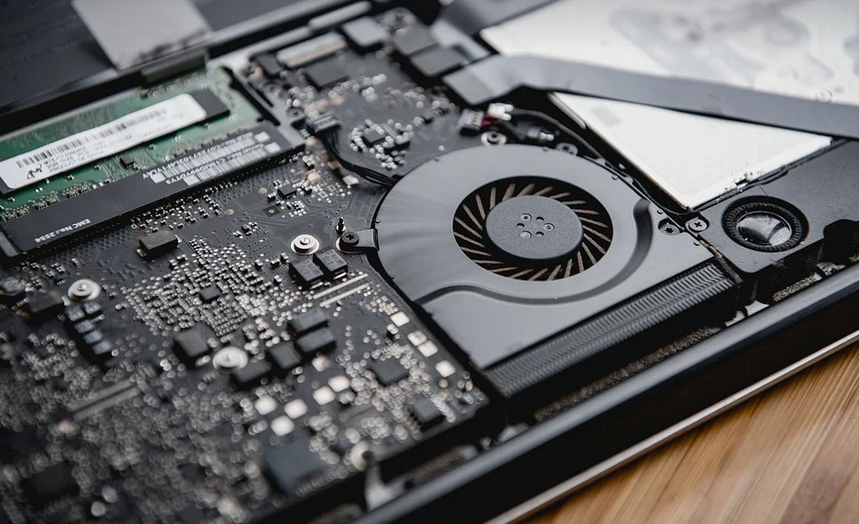Demystifying the “CCA” on Your Car Battery
So you’ve got a new car battery and you see the letters “CCA” printed somewhere on it. You might be wondering – what exactly does that mean? What role does CCA play in keeping your engine purring smoothly all year round?
In essence, “CCA” stands for “Cold Cranking Amps.” This metric tells you the amount of current a battery can deliver when it’s incredibly cold. Picture this: it’s -20 degrees Celsius outside, and your car needs to crank over to life! Without enough CCA, starting your vehicle becomes a real struggle.
Think about it – batteries are like super efficient little powerhouses working tirelessly in the heart of your car. But when the temperature takes a drastic plunge, their performance gets affected. Just like how you’d need extra layers on a chilly day to stay warm, the battery requires more juice to start in harsh winter conditions.
“CCA” rating is all about maximizing that starting power even in freezing temperatures. A higher CCA rating signifies greater capacity for delivering more amps, which translates to faster cranking and easier ignition of your car’s engine.
So, why is CCA so important? Imagine this: you’re driving in a bustling city during the winter. Your car battery needs to deliver extra power to crank up your engine and give you that effortless start when it’s frigid outside. But what if it only has a low CCA rating?
The result? A dead-end for your journey! Your car might struggle to even turn over, and you could end up stranded on the side of the road. A high CCA battery will give your engine that extra boost, allowing for smooth starts in all weather conditions.
To put it simply: A higher CCA rating indicates a better ability to withstand colder temperatures, ensuring your car starts smoothly even when faced with winter’s icy grip.
How Do You Choose the Right CCA Rating?
Finding the right “CCA” for your vehicle can be a bit tricky. But it’s crucial for optimal performance. Here’s a breakdown of how to choose a suitable rating:
* **Check your car manual:** The best place to start is by looking at your car manual. It will have a specific recommendation on the necessary battery capacity and CCA ratings based on your vehicle’s engine size and electrical demand.
**Consult an expert:** If you can’t find your car manual or are unsure about choosing the right “CCA” rating, reach out to a specialized auto mechanic. They have the expertise to advise you on the optimal battery for your specific vehicle type.
**Key factors to consider:** The “CCA” depends on several factors including:
* **Engine size:** Larger engines require more power, translating to a higher “CCA” rating. Think of it as having a bigger engine needs more fuel to run smoothly.
* **Climate:** If you live in an area with extreme winter temperatures, you’ll need a battery capable of dealing with those frigid conditions. A higher “CCA” is needed for colder climates to compensate for the increased power demand for starting your car in extreme cold.
**Don’t settle:** Investing in a high-quality battery with a suitable “CCA” rating won’t just save you time and stress, but it will also ensure your vehicle starts smoothly and operates efficiently for years to come.
Remember: A strong battery is the backbone of a reliable car. Choosing the right “CCA” ensures that your engine gets the power it needs to roar to life every time you start your car.


